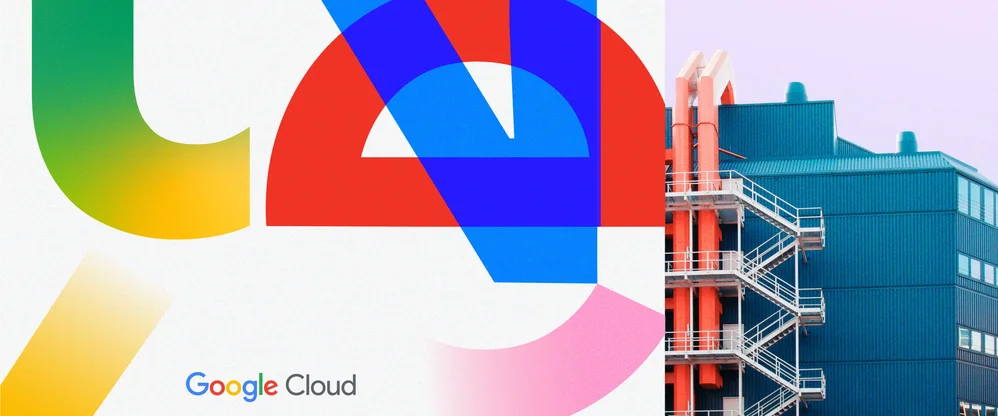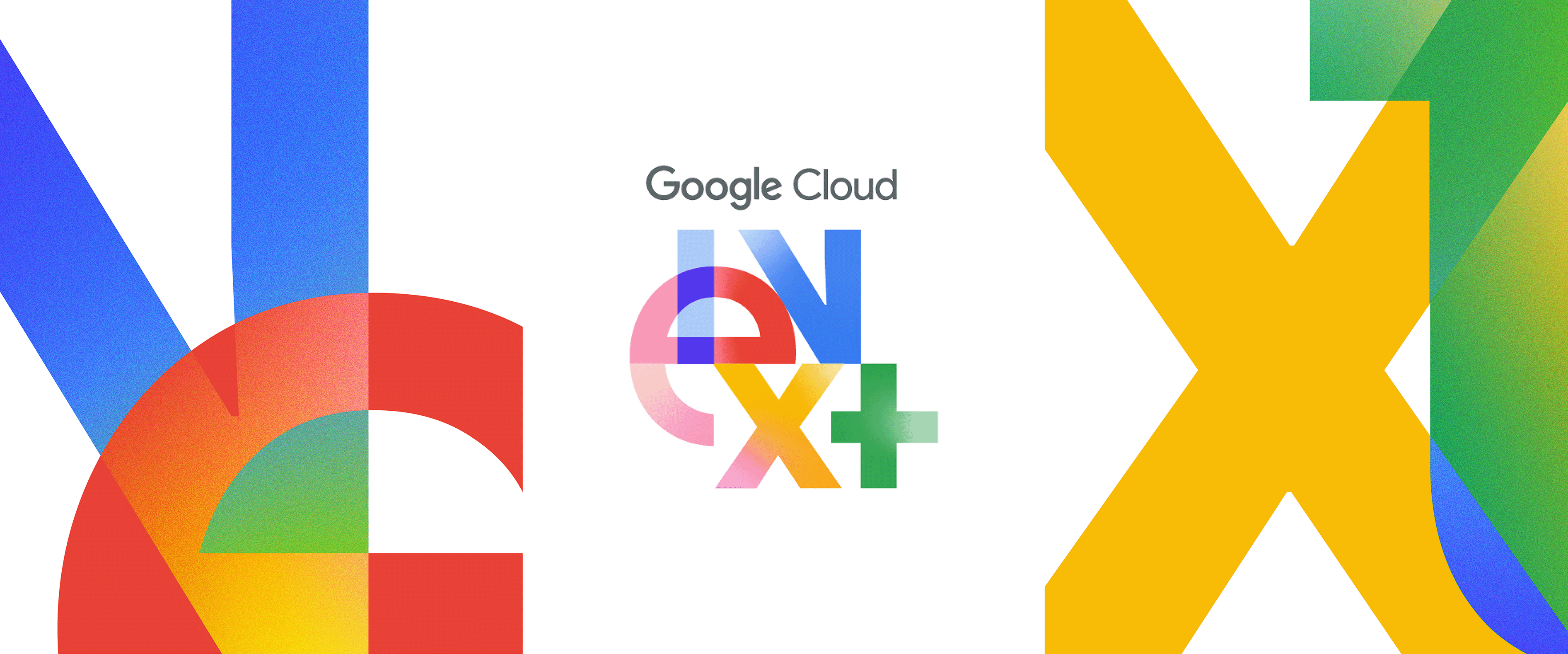Meet the researcher creating more access with language

When you’ve got your hands full, so you use your voice to ask your phone to play your favorite song, it can feel like magic. In reality, it’s a more complicated combination of engineering, design and natural language processing at work, making it easier for many of us to use our smartphones. But what happens when this voice technology isn’t available in our own language?
This is something Google India researcher Shachi Dave considers as part of her day-to-day work. While English is the most widely spoken language globally, it ranks third as the most widely spoken native language (behind Mandarin and Spanish)—just ahead of Hindi, Bengali and a number of other languages that are official in India. Home to more than one billion people and an impressive number of official languages—22, to be exact—India is at the cutting edge of Google’s language localization or L10n (10 represents the number of letters between ‘l’ and ‘n’) efforts.
Shachi, who is a founding member of the Google India Research team, works on natural language understanding, a field of artificial intelligence (AI) which builds computer algorithms to understand our everyday speech and language. Working with Google’s AI principles, she aims to ensure teams build our products to be socially beneficial and inclusive. Born and raised in India, Shachi graduated with a master’s degree in computer science from the University of Southern California. After working at a few U.S. startups, she joined Google over 12 years ago and returned to India to take on more research and leadership responsibilities. Since she joined the company, she has worked closely with teams in Mountain View, New York, Zurich and Tel Aviv. She also actively contributes towards improving diversity and inclusion at Google through mentoring fellow female software engineers.
How would you explain your job to someone who isn't in tech?
My job is to make sure computers can understand and interact with humans naturally, a field of computer science we call natural language processing (NLP). Our research has found that many Indian users tend to use a mix of English and their native language when interacting with our technology, so that’s why understanding natural language is so important—it’s key to localization, our efforts to provide our services in every language and culture—while making sure our technology is fun to use and natural-sounding along the way.
What are some of the biggest challenges you’re tackling in your work now?
The biggest challenge is that India is a multilingual country, with 22 official languages. I have seen friends, family and even strangers struggle with technology that doesn’t work for them in their language, even though it can work so well in other languages.
Let’s say one of our users is a shop owner and lives in a small village in the southern Indian state of Telangana. She goes online for the first time with her phone. But since she has never used a computer or smartphone before, using her voice is the most natural way for her to interact with her phone. While she knows some English, she is also more comfortable speaking in her native language, Telugu. Our job is to make sure that she has a positive experience and does not have to struggle to get the information she needs. Perhaps she’s able to order more goods for her shop through the web, or maybe she decides to have her services listed online to grow her business.
So that’s part of my motivation to do my research, and that’s one of Google’s AI Principles, too—to make sure our technology is socially beneficial.
Speaking of the AI Principles, what other principles help inform your research?
Another one of Google’s AI Principles is avoiding creating or reinforcing unfair bias. AI systems are good at recognizing patterns within data. Given that most data that we feed into training an AI system is generated by humans, it tends to have human biases and prejudices. I look for systematic ways to remove these biases. This requires constant awareness: being aware of how people have different languages, backgrounds and financial statuses. Our society has people from the entire financial spectrum, from super rich to low-income, so what works on the most expensive phones might not work on lower-cost devices. Also, some of our users might not be able to read or write, so we need to provide some audio and visual tools for them to have a better internet experience.
What led you to this career and inspired you to join Google?
I took an Introduction to Artificial Intelligence course as an undergraduate, and it piqued my interest and curiosity. That ultimately led to research on machine translation at the Indian Institute of Technology Bombay and then an advanced degree at the University of Southern California. After that, I spent some time working at U.S. startups that were using NLP and machine learning.
But I wanted more. I wanted to be intellectually challenged, solving hard problems. Since Google had the computing power and reputation for solving problems at scale, it became one of my top choices for places to work.
Now you’ve been at Google for over 12 years. What are some of the most rewarding moments of your career?
Definitely when I saw the quality improvements I worked on go live on Google Search and Assistant, positively impacting millions of people. I remember I was able to help launch local features like getting the Assistant to play the songs people wanted to hear. Playing music upon request makes people happy, and it’s a feature that still works today.
Over the years, I have gone through difficult situations as someone from an underrepresented group. I was fortunate to have a great support network—women peers as well as allies—who helped me. I try to pay it forward by being a mentor for underrepresented groups both within and outside Google.
How should aspiring AI researchers prepare for a career in this field?
First, be a lifelong learner: The industry is moving at a fast pace. It’s important to carve out time to keep yourself well-read about the latest research in your field as well as related fields.
Second, know your motivation: When a problem is super challenging and super hard, you need to have that focus and belief that what you’re doing is going to contribute positively to our society.







